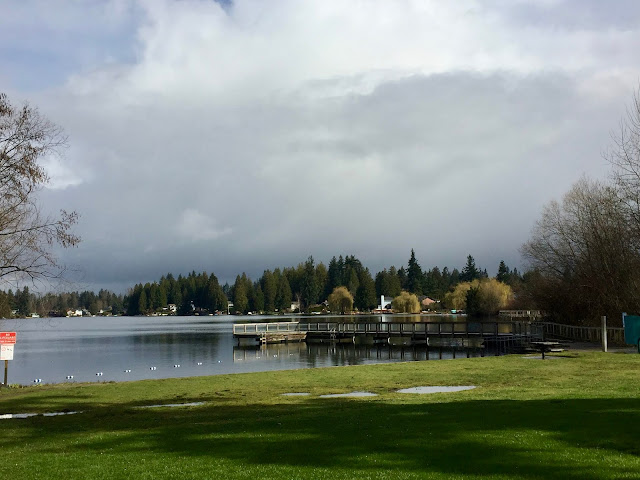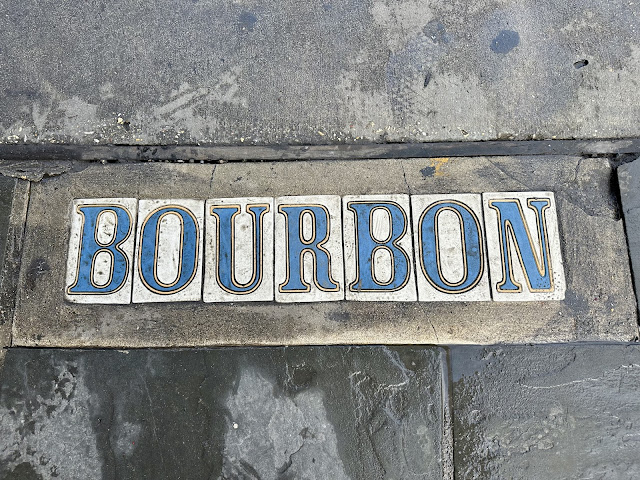Thursday the stock market was down ~25% from peak. Oil fell to $31 per barrel. Even Gold fell this week to $1,528 per ounce. Then Friday came and the stock markets went up ~5% and Oil recovered to $33. Covid-19 is everywhere and this is a Bear market.
Between the sensational news, stores out of toilet paper, poor press conferences, and canceled schools, colleges, events, church services and sports - would conclude this is a Panic. Stock markets are really driven by investor psychology and groupthink. Friday’s recovery shows not all is predictable.
However being this is driving by a new disease which is stopped international trade and travel. No one knows how long this will go, and vaccines are months away. Once the market has picked a direction, it tends to continue longer then we expect it will. Bear markets often lose 20-40% or more. Suspect the market will overshoot as it often does.
So what do we do now? Depends on your situation.
If you are over 5 years from retirement, you have the option to do nothing and keep contributing to 401K. Second choice would be to move 10%, 25% or 33% from stocks to cash or bonds, and keep contributing. The worse choice would be to move 100%, and then see the stock market recover.
If you are in or very near retirement, make sure you have liquid funds for the next 3 years, and keep the rest invested to recover what we lost.
Problem is bonds are returning a very low interest rate, and rates are so low not to fall much further raising the value of your bonds. Cash earns very little return. Where can you invest?
Dividend stocks, real estate and commodities like Oil and Gold are used to diversify portfolios to improve returns. Real estate has been high priced for a while. Gold and Oil may return to normal after the Covid-19 subsides. Saudi Arabia’s move to grab market share will not keep the price of oil down over 3 years. Where will oil be in 10 years?
Professional investors are searching now for good profitable companies that stocks prices fell lower than the company will be worth. Do you think all cruise lines, airlines and hotels will stay down for long after the pandemic is over? Where will the world be in 5 years? Expect the world economies to be growing again.
Warren Buffet and Charlie Munger are sitting on a pile of money, and have not been happy with the price of businesses. They and their investment managers are looking at businesses they would like to acquire or buy stock at their new lower prices. Warren and Charlie look for a good price on wonderful business and take advantage of opportunities when others are fearful. Suspect they will lend money at a profitable rate to companies that need it.
Consider working an additional year or two before retirement. If like me your business is adversely affected, you may want to improve your skills in case you need new opportunities.
“This Too Shall Pass” had gotten me through many of these situations over the years. Stay calm and healthy please.

